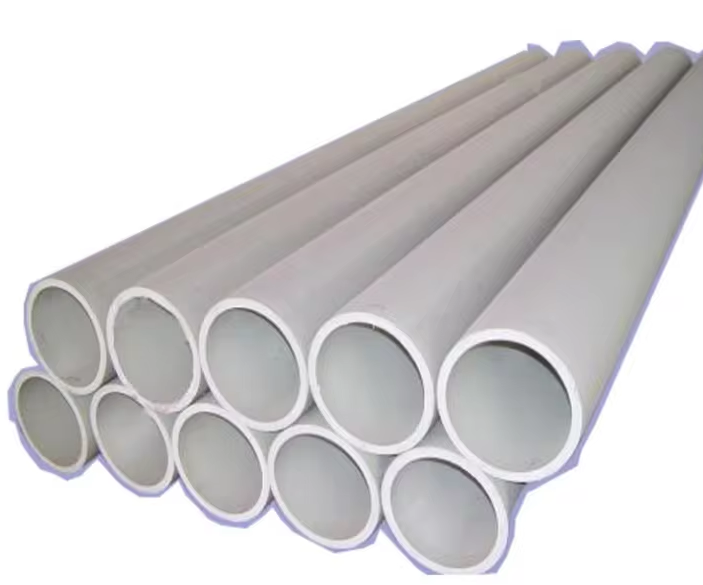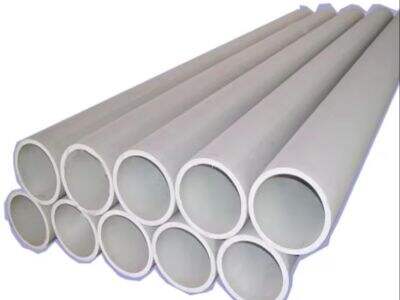Are Nickle Alloys Magnetic? Everything You Need to Know.
Nickel alloys have been widely used in manufacturing due to the unique properties. Considered one of probably the most questions and that can be common is when these alloys are magnetic. We will explore the reply to this appropriate question and provide understanding of the benefits of making use of these alloys by TOBO GROUP, their application, and security concerns.

What Are Nickel Alloys?
Nickel alloys are metallic is materials composed of a mixture of nickel, copper, iron, and also other trace elements. They truly are known for their high resistance to, corrosion, wear, and deformation. The alloy fitting are used in a broad array of such as aerospace, automotive, electronics, and chemical companies.
Are nickel alloys Magnetic?
The short solution this relevant question is, it depends. nickel alloys may be magnetic or non-magnetic, based on their composition. Some alloys are magnetic and therefore can be utilized for magnetic applications, while some are non-magnetic and therefore are used where magnetism is unwelcome.
Benefits of Nickel Alloys
There are lots of advantageous assets to using nickel alloys in manufacturing processes. Perhaps one of the most significant benefits its opposition to corrosion, making them ideal for used in harsh environments. Additionally, their high-temperature strength and work out them ideal for use in high-stress applications. The alloys like seamless nickel alloy pipe are also highly resistant to cracking and deformation, further increasing durability.
Innovation in Nickel Alloys
As technology continues to advance, so does the use of nickel alloys. Researchers are constantly ways that are discovering are new enhance the properties of the alloys. New alloys are increasingly being developed to improve their properties, such as resistance to high-temperature, wear, and corrosion. These advancements are checking possibilities being new the use of nickel alloys in various companies.
Safety Concerns
Nickel alloys are usually safe to make use of. However, safety issues really should not be over looked. A common nickel alloys such as nickel 201 pipe are believed non-toxic and non-allergenic. However, some alloys contain elements that may be harmful, such as lead, cadmium, and arsenic. It’s imperative to deal with these alloys with care and also to understand their composition. Proper handling and disposal of those materials can avoid prospective dangers.
How to Use Nickel Alloys?
Using nickel alloys calls for a knowledge associated with the properties to ensure they truly are used precisely. It is important to consider their resistance to high-temperature, corrosion, and strength when an alloy that are selecting a certain application. Proper heat application treatment of these alloys is crucial to boost their power and also other properties. Additionally, it is important to take care of these with care to prevent any dangers.
Quality of Nickel Alloys
Quality could be a factor that are important in using nickel alloys. The quality of these alloys may differ in line with the composition and manufacturing process. High-quality alloys tend to be more resistant to wear and corrosion, making them more reliable and durable. It really is a must to decide on an ensure manufacturer reputable quality of the alloys.
Application
Because of the properties being exemplary, they are utilized in many applications. When you look at the aerospace industry, nickel alloys are used in turbine blades, combustion chambers, as well as heat exchangers. In the chemical industry, they are typically found in chemical processing temperature and equipment exchangers. In the medical industry they are useful for surgical tools and implants.

 EN
EN
 AR
AR
 BG
BG
 HR
HR
 CS
CS
 DA
DA
 NL
NL
 FI
FI
 FR
FR
 DE
DE
 EL
EL
 HI
HI
 IT
IT
 JA
JA
 KO
KO
 NO
NO
 PL
PL
 PT
PT
 RO
RO
 RU
RU
 ES
ES
 SV
SV
 TL
TL
 VI
VI
 TH
TH
 TR
TR
 GA
GA
 CY
CY
 BE
BE
 IS
IS


